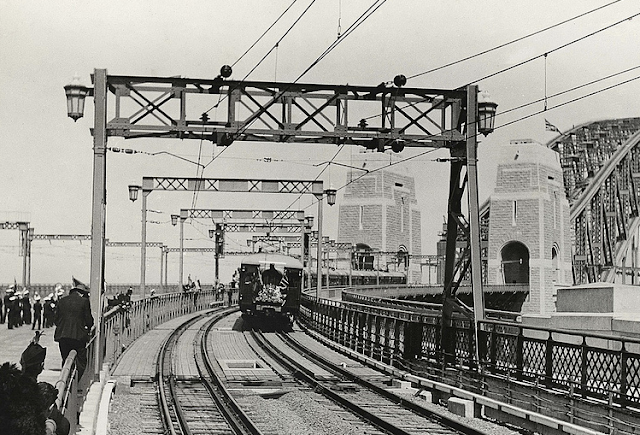A Sydneysider wouldn't contest that from anecdotal experience of transport. According to the Australian Bureau of Statistics, Sydney's population increased by half-a-million people between 2001 and 2011 (You can see the data in their spreadsheet 3218.0). So, unless there have been extraordinary efficiency gains in infrastructure provision, it is no wonder that more and more people are experiencing shocking travel time increases and unreliability in transport. It actually appears that efficiency of infrastructure provision, particularly in critical rail projects, is dropping.
Sydney-based transit advocacy group EcoTransit gives some examples which suggest seriously heavily inflated per-kilometer construction costs of Sydney commuter rail systems in their recent video. As an engineer with experience in international and interstate transport systems, I'd have to agree that something seems seriously awry. The lack of engineering awareness within NSW Treasury (and perhaps within the policy forming engines of the NSW Government generally) seems to be driving ill-informed project options at a conceptual level, which flows on to highly inflated costs at a design stage.
Previous NSW Governments have epic form with engineering planning, specification and management. Both $100m+ spent on the integrated ticketing project and $400m spent on the CBD metro delivered nothing but huge legal challenges, the bankruptcy of ERG (one of Australia's most innovative technology exporters) and not even a useable report. Then there are the PPPs, whether it be the Airport Rail Link, the Cross City Tunnel, or the Reliance Rail, which respectively, went insolvent, went into receivership, and required a $175m bailout (and that's so far- the Cross City tunnel is anticipated by many to re-enter receivership or cut a bailout deal, and Reliance Rail has 30 years to run- good luck with that). Whether it's good old procurement, PFIs/PPPs or Treasury estimates, Sydney and NSW Governments do indeed have a poor record. And this is Australia's economic golden era of resources and cheap energy- who knows what will happen when the music stops.
It makes me reflect on the history of Sydney, the immense legacy of successful infrastructure policy led by people like Bradfield, Eddy, and Lucy. Engineers, technical people, doers. Informed, active industry participants. Where are these leading engineers in opinion formation and policy formation today? The technocrats who delivered the great projects of the past have been supplanted by econocrats and bureaucrats. I think there is an analogy with the failures of the United States health services and it's worth reflecting on those characteristics, discussed by famously successful entrepreneur and investor Peter Thiel in this brilliant interview by economist Niall Ferguson (24:11-26:10). Problems which need technological solutions should again be under the command of engineers in the most senior strategic positions.

No comments :
Post a Comment
Note: Only a member of this blog may post a comment.